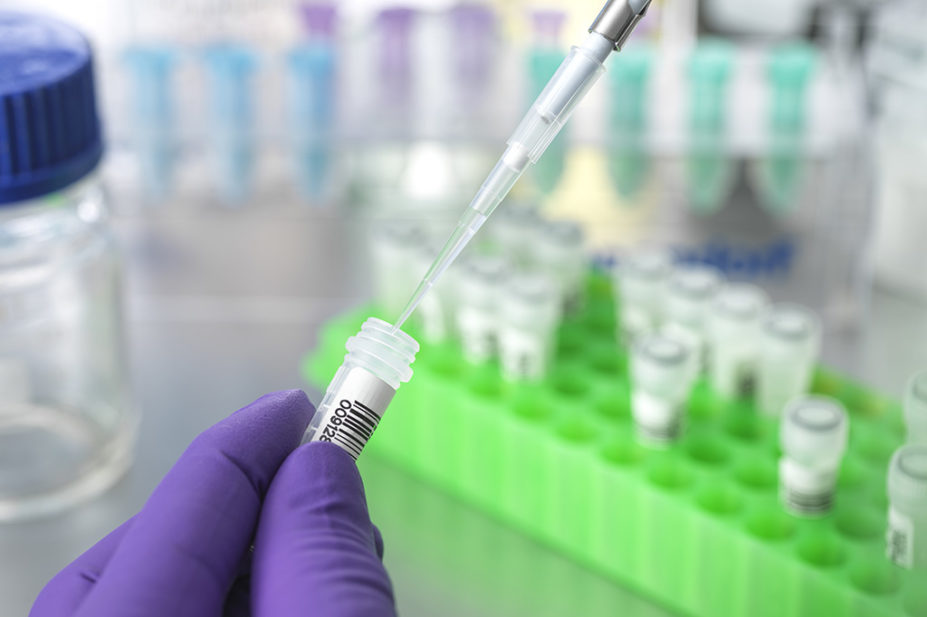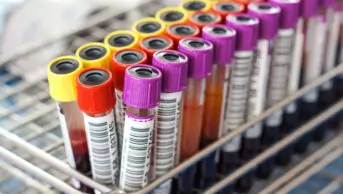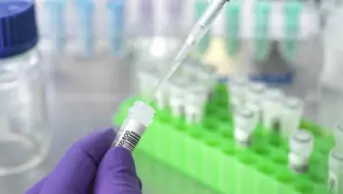
TEK IMAGE/SCIENCE PHOTO LIBRARY
Results from a major international trial have confirmed that adverse drug reactions to commonly prescribed medicines can be reduced by 30% using a 12-gene pharmacogenomic panel to tailor treatment.
The trial results, published in The Lancet on 3 February 2023, were first reported in The Pharmaceutical Journal in November 2022, following comments made by Munir Pirmohamed, UK lead investigator on the trial, at the Royal Pharmaceutical Society’s annual conference.
The ‘PREPARE’ (Preemptive Pharmacogenomic Testing for Preventing Adverse Drug Reactions) trial was conducted at multiple sites in seven countries across Europe, including the UK.
It demonstrated the feasibility of implementing pharmacogenomic panel testing on a large scale within a variety of healthcare systems, and with different medicines and diseases.
A total of 6,944 patients participated in the trial, with 1,037 patients recruited in the UK from the Royal Liverpool University Hospital and two GP surgeries.
Some 3,342 participants were assigned to the study group and genotyped. Those with an actionable genetic variant were treated according to Dutch Pharmacogenetics Working Group recommendations when prescribed 1 of 39 medicines, including codeine, clopidogrel, escitalopram, flucloxacillin and simvastatin.
The 3,602 participants in the control group received standard treatment. The primary outcome was the occurrence of causal, clinically relevant adverse drug reactions within the 12-week follow-up period.
In patients with an actionable test result, a clinically relevant adverse drug reaction occurred in 152 (21%) of 725 patients in the study group and 231 (28%) of 833 patients in the control group.
“The study intervention significantly reduced adverse drug reaction risk by 30% (odds ratio [OR] 0·70 [95% CI 0·54–0·91]; P=0·0075),” the authors said.
Pirmohamed, NHS chair of pharmacogenetics at the University of Liverpool, described the results as “remarkable”.
“This is a large landmark randomised study which shows that pharmacogenomic testing using a comprehensive genotyping panel can prevent adverse drug reactions, an outcome measure which is clinically important to individual patients and to healthcare systems,” said Pirmohamed.
Study coordinator Henk-Jan Guchelaar, professor of clinical pharmacy at Leiden University Medical Center in the Netherlands, added: “For the first time we have proven that a ‘tailored’ strategy works at a large scale within clinical practice. There is now enough evidence for us to proceed with implementation.”
1 comment
You must be logged in to post a comment.



Nice to hear the word ‘causal’ being used in relation to clinically relevant adverse drug reactions- something which regulators & clinicians are sometimes reluctant to use.